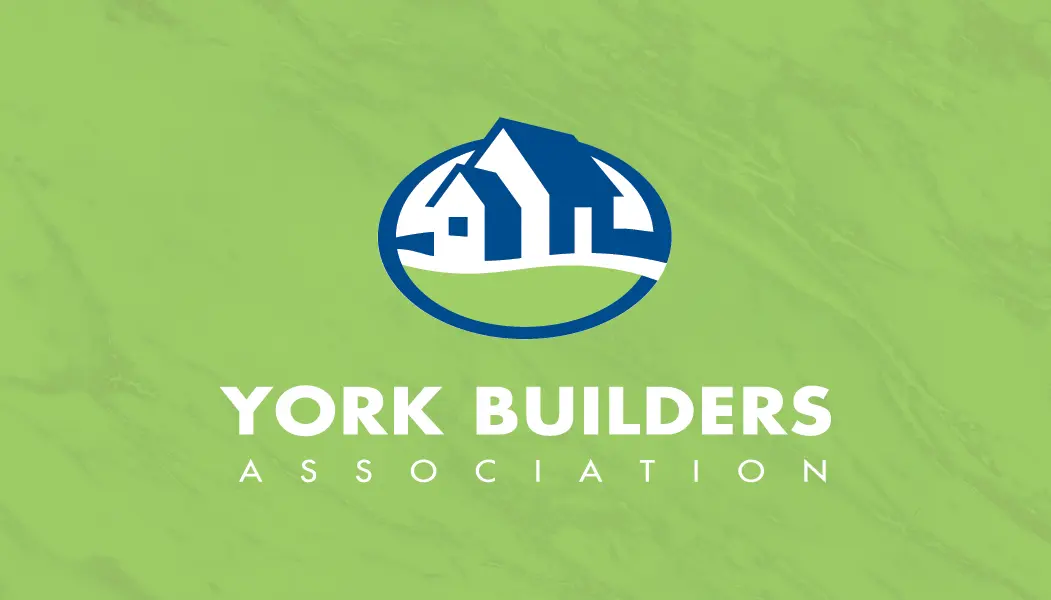
with Shonna Cardello, President and founding partner of White Rose Settlement Services and Vice President of the York Builders Association
According to Forbes magazine, wire fraud in real estate is one of the fastest growing cybercrimes in the United States. Reportedly, the FBI received 301,580 complaints in 2017 and losses exceeded $1.4 billion. Based on the report, more than 9,600 victims of wire fraud lost over $56 million in the real estate/rental sector alone.
While those of us in the industry are very aware just how prevalent the issue is, I believe it is our responsibility to educate consumers and other potential targets about the dangers of these scams and what we can all do to protect ourselves, said Shonna Cardello, President and founding partner of White Rose Settlement Services and Vice President of the York Builders Association.
We spoke with Shonna about just how serious a challenge wire fraud scams are for real estate and mortgage pros and what we can all do to help prevent them.
Just How Common IS Real Estate Transaction Wire Fraud?
Unfortunately, wire fraud in real estate transaction is incredibly common. Because it is difficult to detect and very lucrative for cybercriminals, online fraudsters continue to get more and more sophisticated.
How Do Wire Fraud Scams Work in Real Estate Transactions?
Wire fraud in real estate transactions typically begins with an email account. Cybercriminals scope out signs of pending transactions and find their way into a personal or business email often via phishing. Hackers use fake emails that look legitimate to obtain sensitive information and wait for their opportunity to pose as one of the parties involved in the transaction and divert funds.
Wire fraud can be particularly devastating in real estate transactions because once the email is compromised and the funds are sent, there is not much that can be done. Scammers are nearly impossible to track down, and often consumers are unable to move ahead with closing on the home they intended to purchase.
What Can Be Done to Protect Businesses and Consumers from Wire Fraud During Real Estate Transactions?
Education is critical. Many of us are already somewhat savvy to phishing attempts, but they are often easier to detect because they may seem random and untimely. Wire fraud scammers know that there is a real estate transaction planned and prey on those expecting transaction communications.
I believe that establishing standard communication practices for every transaction and communicating it to all parties involved at the onset can go a long way in preventing scammers from being successful in their attempts. When we raise awareness among consumers, real estate and mortgage professionals and communicate what the specific procedures for transactions look like, they will take more caution when approached with something that isnt standard procedure.
For example, if weve explained to a consumer exactly what to expect and they receive an email on the day the transaction is to take place that may look legitimate but claims that there has a been a last minute change and directs them to click on a link, they ll be skeptical. This is why we make it clear that consumers should always call the original phone number we give them, not a number they might receive in revised paperwork.
Aside from being aware, there are other online security basics recommended like:
- Avoid free Wi-Fi when sharing sensitive information
- Never send non-public, private information through the internet without encrypting email
- Use strong passwords and change them frequently
- Businesses should train staff, update security procedures regularly and communicate the dangers of wire fraud to consumers.
Is Anything Being Done on a Larger Scale to Protect Consumers from Wire Fraud in Real Estate Transactions?
In June of this year, federal authorities released information about a major effort to block international attempts to divert wire transfers. Operation WireWire was a six-month sweep that resulted in 74 arrests (42 of them in the U.S.) and the recovery of approximately $14 million in fraudulent wire transfers.
While this effort is significant, individual threats remain, and its important that professionals and clients stay informed and work together to ensure that real estate transactions avoid these schemes.



